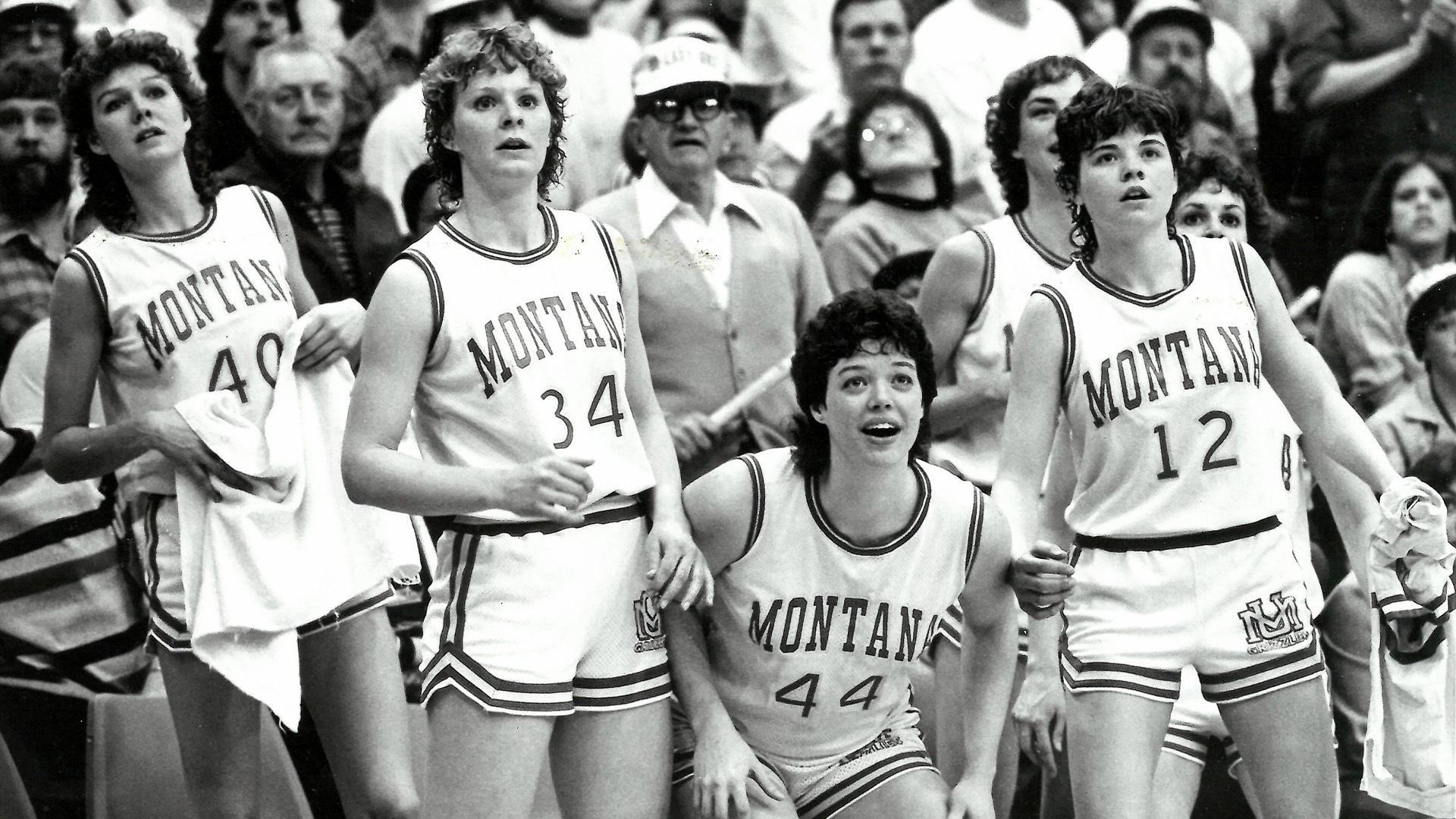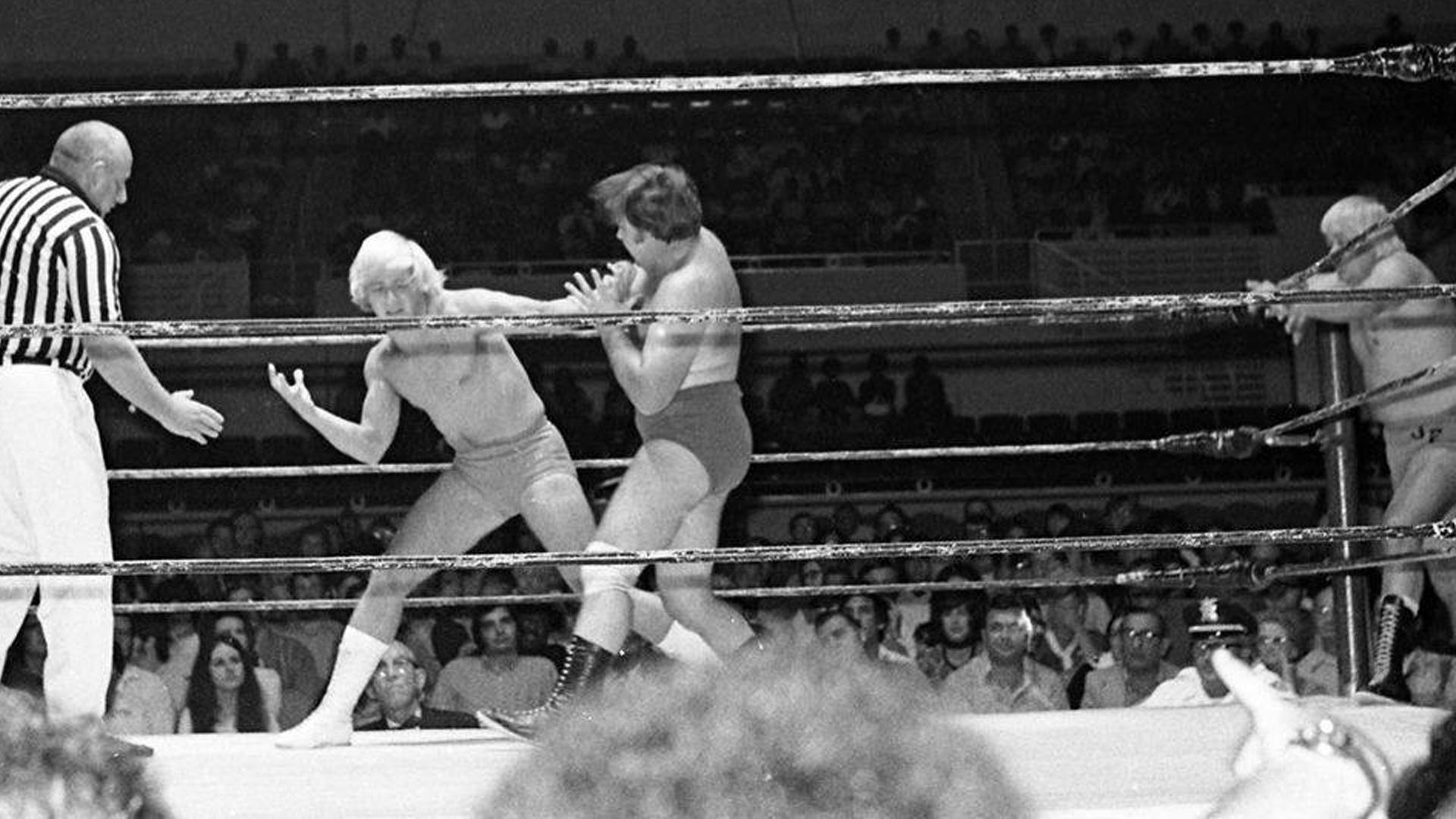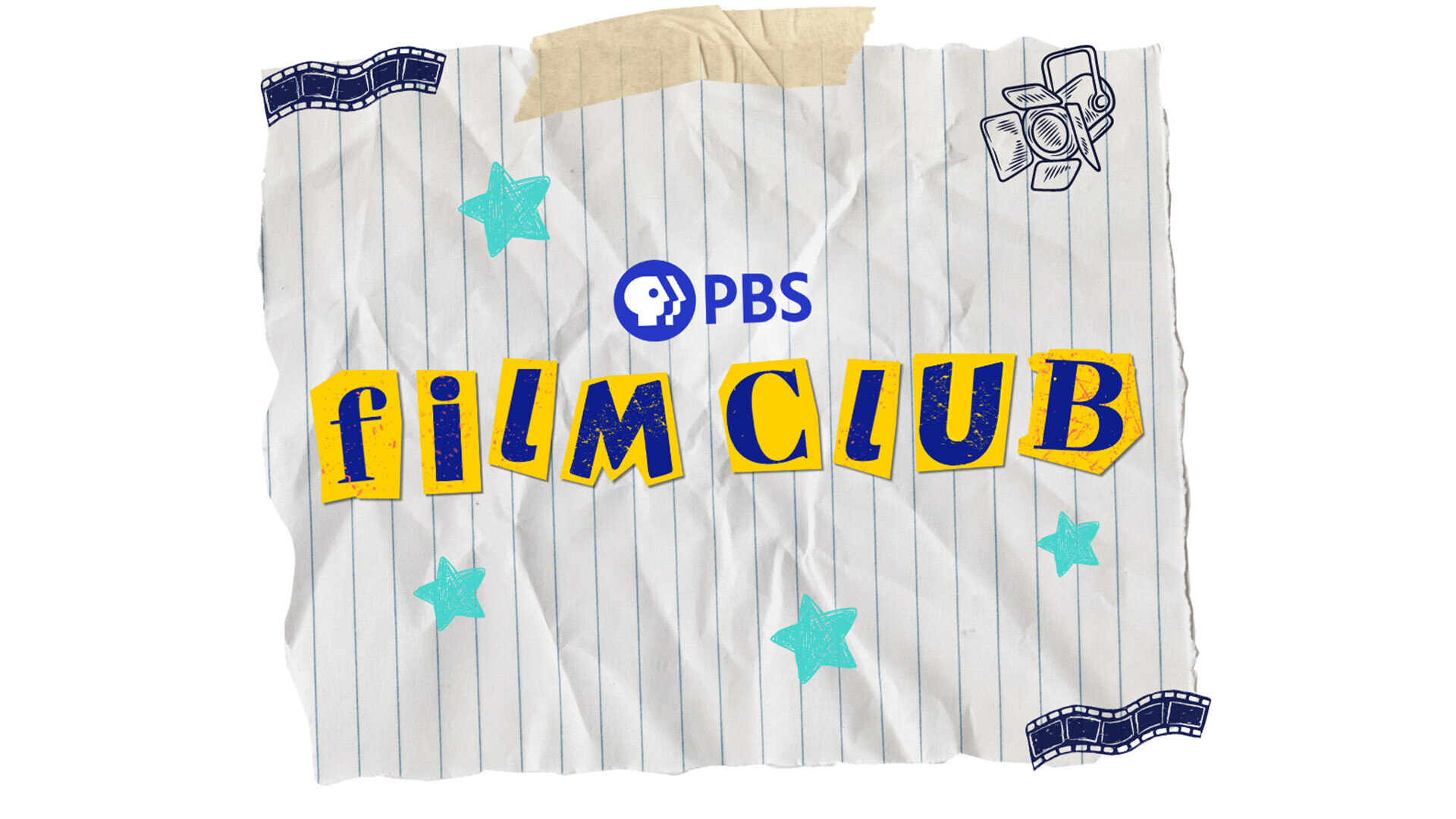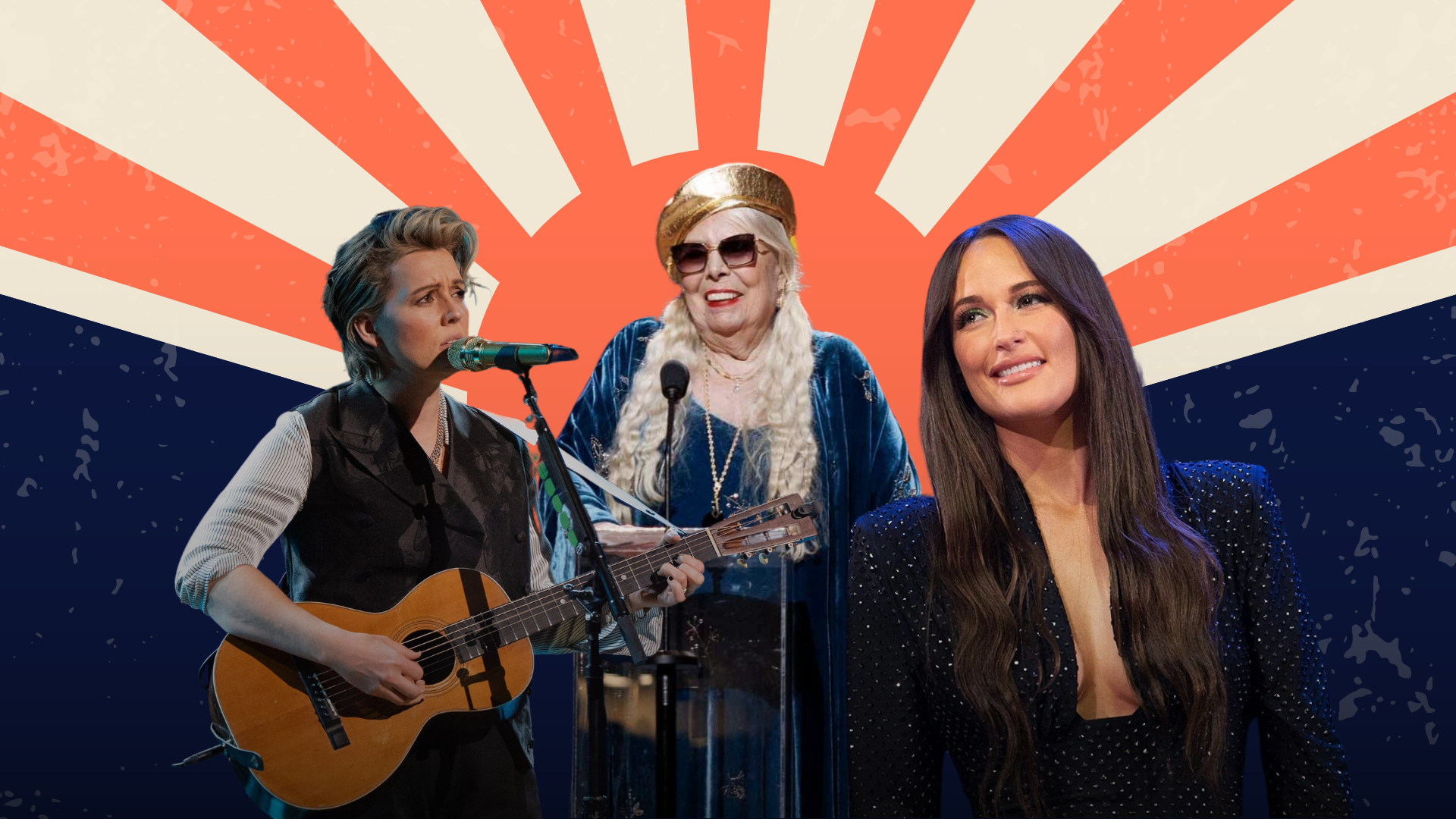PBS Short Film Festival | Filmmaker Q&A: Daniel Eduvijes Carrera
Filmmaker Daniel Eduvijes Carrera's film: "El Paisa" is now streaming as part of the 2024 PBS Short Film Festival. Get to know Carrera in this condensed version of an interview conducted on July 23, 2024 by Latino Public Broadcasting.
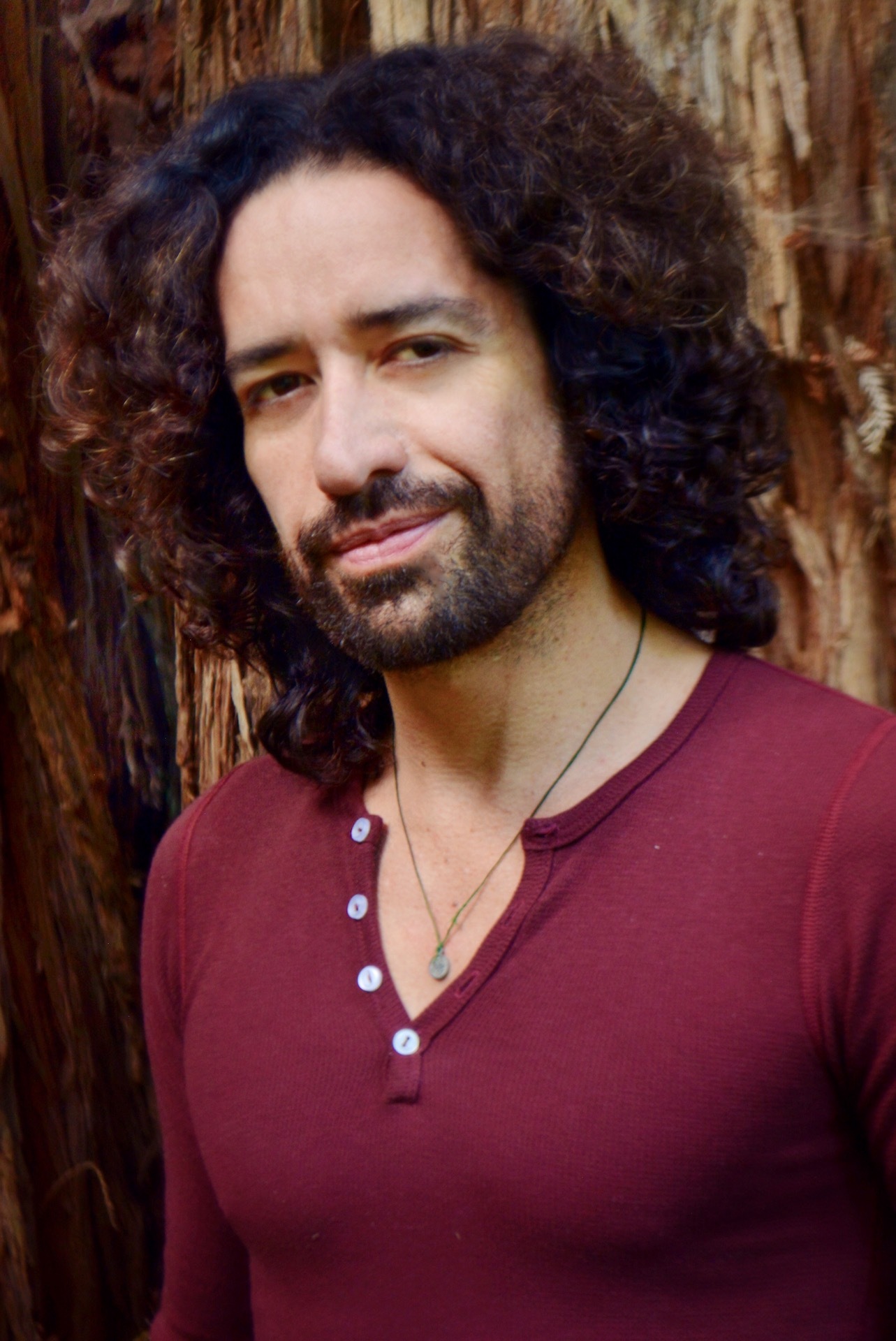
Tell us about your background and how you started making films.
I was raised in an immigrant home burdened by a heavy silence. A stoic optimism for the future, perhaps, or a fervent need to overcome the past rendered our border-crossing largely taboo. But the relics were everywhere. The youngest son in a working-class family of nine, I grew up seeking my Mexican heritage through hidden photographs and hushed prayers that betrayed our unspeakable history.
And what I came to find about my past forced me to reflect upon the urgency of giving voice to my immigrant narrative. That my father was forced to flee Mexico following a tragic shootout needs to be spoken. That my mother survived nine years of poverty and two stillborn children on the Tijuana border needs to be spoken. That my seven-year-old brother drowned in a drainage canal shortly after crossing into the United States needs to be spoken—not simply to acknowledge the traumas of the immigrant journey, but also and most importantly, to honor the resilience of a community all too often exploited, dehumanized and disparaged for socio-economic circumstances beyond our control.
Now, filmmaking empowers me to break a tradition of silence and relate stories that speak passionately—not only toward my immigrant heritage—but toward my queer identity as well. In our current political climate, these stories are needed more urgently than ever, but they must be approached with authentic insight and born from the very communities they represent. I have overcome great odds to achieve higher education and I continue to make great sacrifices for a career in film precisely because I am committed to developing these stories—our stories, stories like EL PAISA. Indeed, this is at the heart of my life’s mission: to create compelling films that not only represent my Latine community with nuance, complexity and heart, but that also harness the power of entertainment to encourage cross-cultural understanding and promote social change.
Is the story told in EL PAISA at all autobiographical?
I will never forget entering a gay vaquero bar for the very first time and seeing my Tio Luis––a macho cowboy from the sierras of Durango––dancing arm-in-arm with another man. I had never seen anything like it. I had never even pondered the possibility of it. I will never forget entering that gay vaquero bar and seeing what I saw because frankly, after that moment, I would never be the same again.
My mind spun with swift jubilation, ushering in a truly transformative moment. Unexpectedly, I found myself encouraged to embrace both my queerness and my Latinx heritage as equally integral parts of myself. That singular experience at an inclusive space for diverse Latinx subcultures empowered me to finally claim my own intersectional and multicultural Queer identity––an identity that continues evolving to this very day and which enables me to thrive in an increasingly complex world.
Watch "El Paisa" now

The best of PBS, straight to your inbox.
Be the first to know about what to watch, exclusive previews, and updates from PBS.
The film won an award at this year’s Cannes Film festival – what was that experience like?
Being selected for the American Pavilion Emerging Filmmaker Showcase at the Cannes Film Festival was an absolute honor—an absolute dream come true. To screen my film at one of the most prestigious gatherings for film and to be among some of the world’s most sophisticated film-going audiences was a truly career-defining moment. But at no moment did I expect to win an award.
The screening itself, the official selection was award enough. So when I heard them call my name, indicate EL PAISA as the winner of Best LGBTQ+ Short Film, I was stunned. Awards are tricky. Juries are often inclined to vote for stories that speak to their own experiences—that they can identify with directly and personally. So, for a film about queer East LA immigrant subcultures, I wasn’t holding my breath. But the jury and our European audience not only got it, they CHAMPIONED it. And wow, I remain deeply honored. This precise recognition, at the end of the day, is why I seek to make cinema—to humanize and bring visibility to intersectional queer/Latine/immigrant identity the world over.
What do you hope audiences will take away from EL PAISA?
After viewing EL PAISA, I hope audiences will embrace the complexity of our identities as queer, Latine, immigrants in the United States.
Indeed, we are vulnerable, yet proud. Stylish, yet grounded. Sexy, yet subdued. We are individuals, yet community-oriented. We are demanding, yet supportive. We come in various shades, in various shapes, but are joined together by that incessant feeling of otherness. We are both triumphant and beleaguered. Everyday more, us queer Latine immigrants are finding our path together. And that’s cause for celebration—cue the cumbia dance music!
Tell us about your next project.
First of all, EL PAISA is far from over. If anything, this momentum, this resounding enthusiasm we’ve been experiencing is catalyzing us to continue giving voice to the various storylines inherent to the film. We are currently developing the story into a feature length film and also creating additional one-off shorts of various characters in the film to continue expanding fresh and unexpected perspectives from within the same universe. Next up, a musical story about EL PAISA’s magnetic matriarch, LA ERNESTA!
Last January, moreover, I was awarded the Netflix, Latino Film Institute Inclusion Fellowship to create my newest short FIAT LUX 5000, a sci-fi drama that examines the challenges of caring for a father with dementia, both as a queer man and also amid dubious technological advancements. The film was honored with a special screening at this year’s Los Angeles International Latino Film Festival and will soon be touring film festivals world wide.
My overarching goal, at this point, is to keep being creative, keep inspiring funders and funding opportunities, building my team of collaborators and continue creating cinema that speaks specifically and uncompromisingly to the queer Latine immigrant experience.
Explore more articles
- 1
- 2
- 3
- Next
Support your local PBS station in our mission to inspire, enrich, and educate.
